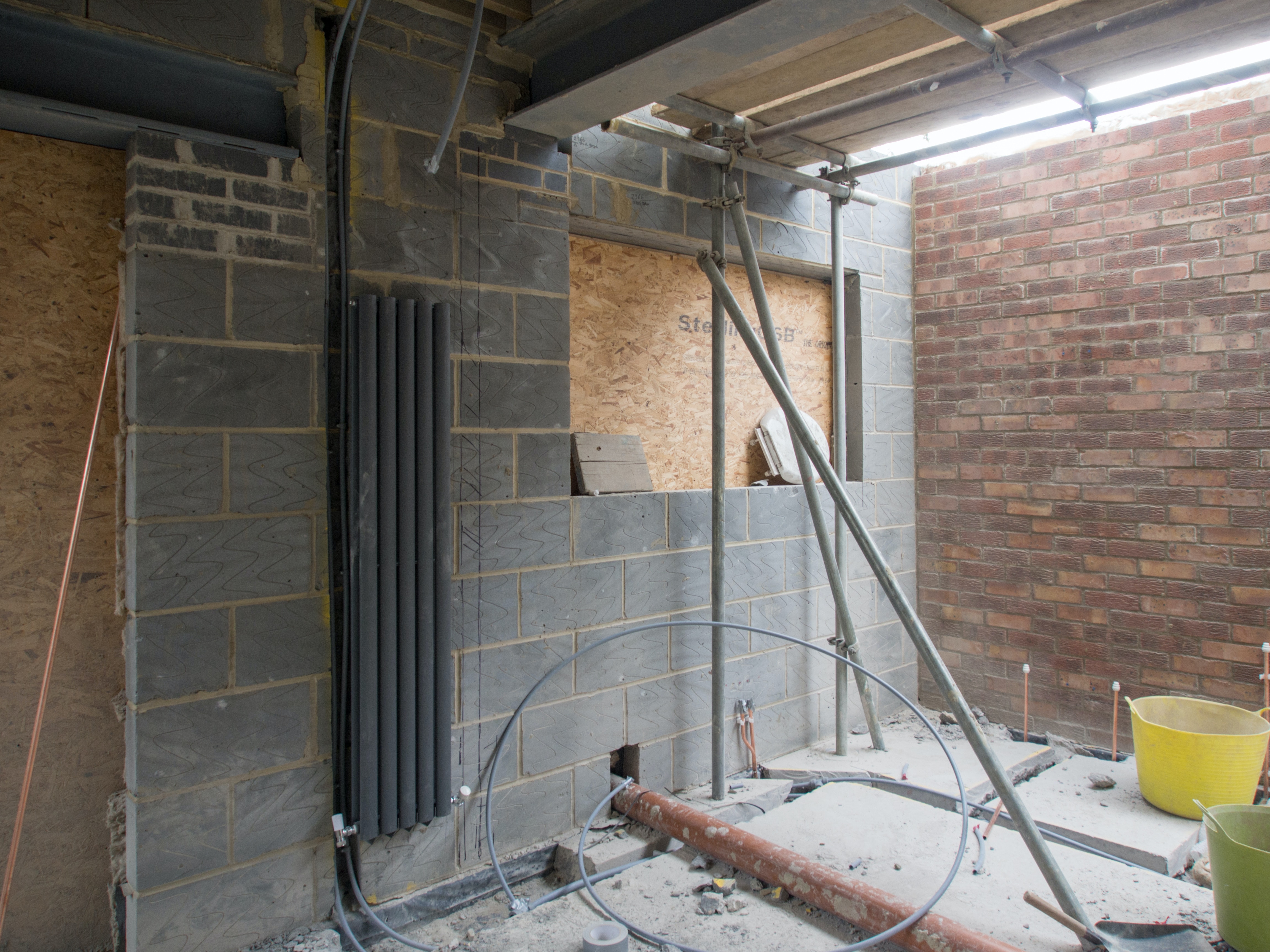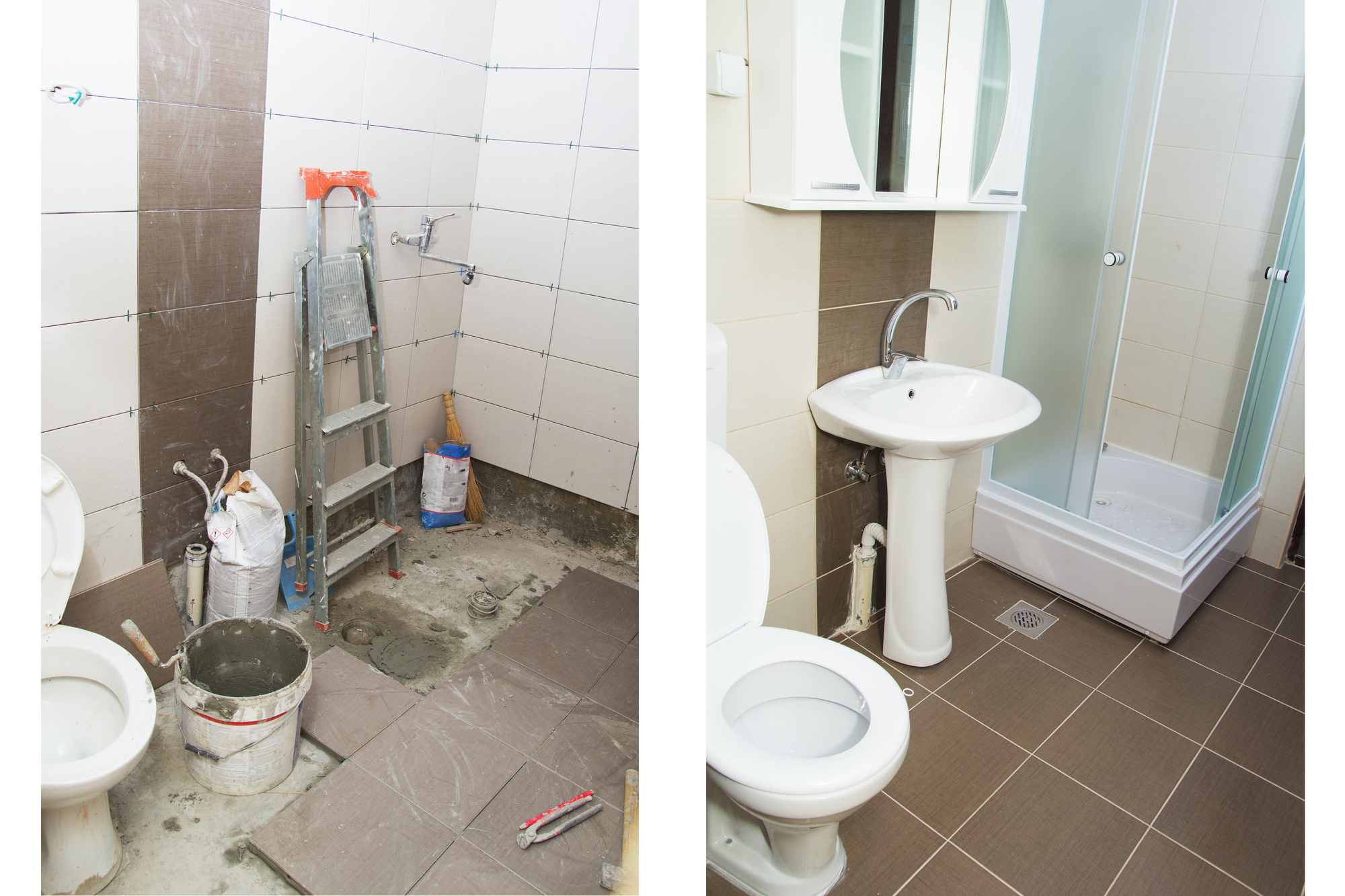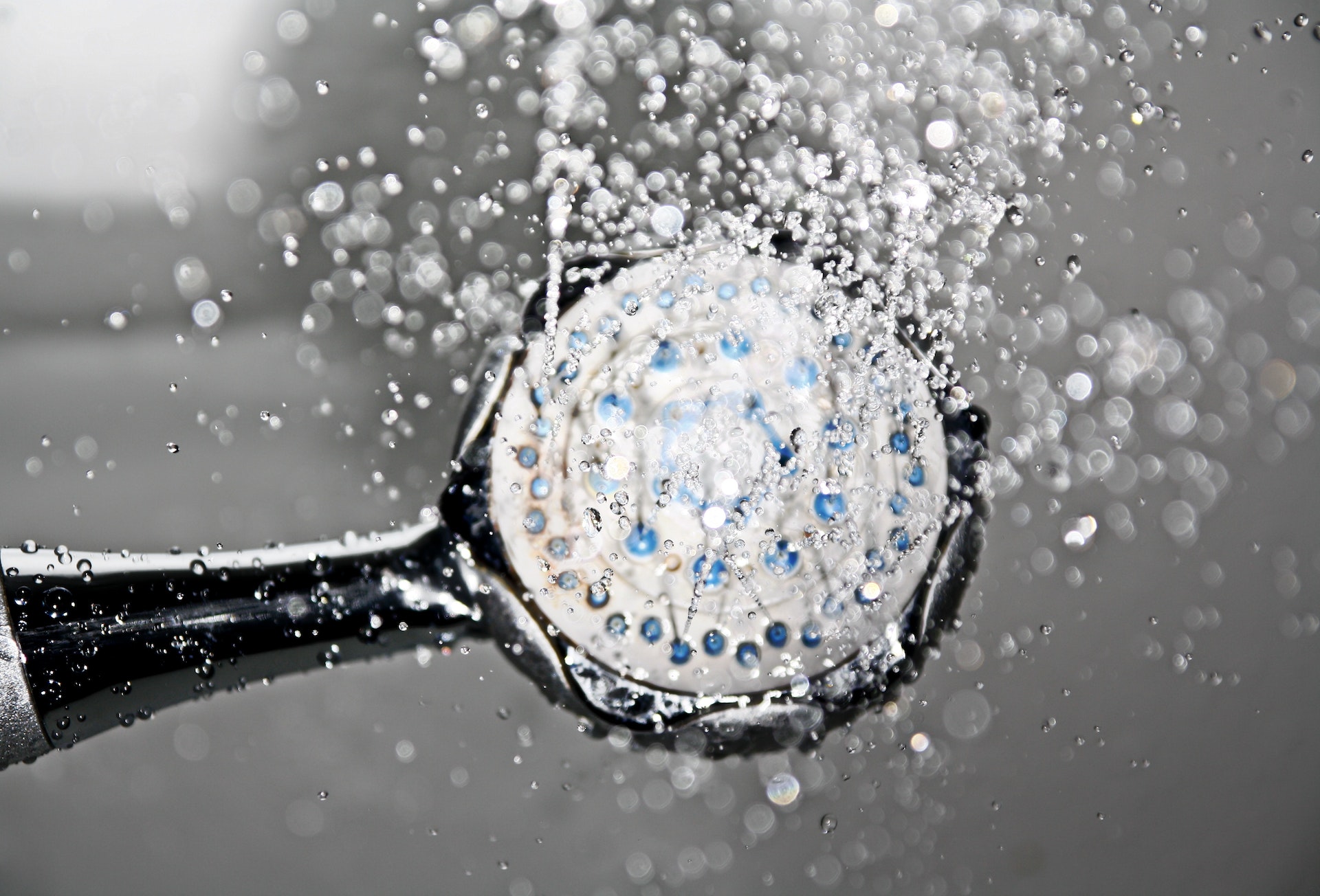Winter is upon us, and while we all love cozying up by the fire, the cold weather can wreak havoc on your plumbing system. As a plumbing services company, we want to help our customers avoid expensive repairs and disruptions during this season. In this article, we will discuss the most common winter plumbing problems and how to prevent them.
Frozen Pipes
One of the most common winter plumbing issues is frozen pipes, which occur when the water inside the pipes freezes and expands, causing the pipe to burst. Not only is this an expensive repair, but it can also lead to flooding and damage to your home.
To prevent frozen pipes, you should keep your home temperature above 55 degrees Fahrenheit even when you’re out of town. You can also open cabinet doors in your kitchen and bathroom to allow warm air to circulate around the pipes. Insulating your pipes with foam insulation can also help prevent freezing.

Clogged Drains
During the winter months, we tend to spend more time inside and generate more waste, which can lead to clogged drains. The cold weather can also cause grease and oil to solidify, leading to blockages in your plumbing system.
To prevent clogged drains, avoid pouring grease and oil down your drains, and use a strainer to catch food scraps and debris. You can also pour hot water down your drains once a week to help dissolve any buildup.
Water Heater Issues
Your water heater is working overtime during the winter months, which can lead to issues such as leaks, malfunctions, or a lack of hot water.
To prevent water heater issues, ensure it’s in proper working condition before the cold weather hits. You can also insulate the water heater and pipes to reduce heat loss and improve energy efficiency.

Burst Water Line
A burst water line is one of the worst plumbing issues you can face during the winter months. A frozen pipe can cause the water line to burst and create a massive flood in your home.
To prevent burst water lines, you should turn off the water supply to all outdoor faucets and drain any remaining water from the pipes. You can also wrap the pipes in heat tape or insulation to prevent freezing.
Sump Pump Failure
If you have a basement or crawl space, you likely have a sump pump to prevent flooding. However, sump pumps can fail during the winter months, leading to water damage.
To prevent sump pump failure, ensure it’s in proper working condition before the winter months. You should also ensure the discharge line is free of debris and extends at least six feet away from your home’s foundation.
Conclusion
Winter can be a nightmare for your plumbing system if you don’t take preventive measures. By following these tips, you can avoid expensive and disruptive winter plumbing issues. If you experience any plumbing problems during the winter, don’t hesitate to contact us at Ace Plumbing Repair. We are available 24/7 for emergency plumbing services and can help you keep your home safe and dry all winter long.






